Date: 4 January 2008
ISRA VISION will now deliver not just one, but two FLOATSCAN inspection systems to their end customer on the Arabian peninsula: the Arabian United Float Glass Company (Saudi Arabia) as well as Emirates Float Glass (United Arab Emirates). Arabian United Float Glass Company (Saudi Arabia) currently has a float glass plant under construction in Yanbu (Saudi Arabia). The plant will manufacture float glass of the highest quality that will be delivered to the domestic markets and will also be designated for export to other markets. ISRA VISION's scope of delivery will include a FLOATSCAN-Advanced in-line inspection system with five camera modules for a maximum inspection width of 4,2000 mm, a FLOATSCAN-Hotgauge glass thickness gauging system to measure thickness at the hot end of the conveyor line as well as a FLOATSCAN Stress system as a stand-alone solution for stress measurements.
Arabian United Float Glass Company (Saudi Arabia) currently has a float glass plant under construction in Yanbu (Saudi Arabia). The plant will manufacture float glass of the highest quality that will be delivered to the domestic markets and will also be designated for export to other markets. ISRA VISION's scope of delivery will include a FLOATSCAN-Advanced in-line inspection system with five camera modules for a maximum inspection width of 4,2000 mm, a FLOATSCAN-Hotgauge glass thickness gauging system to measure thickness at the hot end of the conveyor line as well as a FLOATSCAN Stress system as a stand-alone solution for stress measurements. For the end customer Emirates Float Glass, ISRA VISION will be delivering as a sub-supplier to the Italian engineering company IANUA a FLOATSCAN-Advanced glass defect inspection system and a FLOATSCAN-Cold Gauge & Stress system, a combined system to gauge glass thickness as well as stress at the cold end of the line. In its standard version, FLOATSCAN-Advanced detects at maximum widths of 4,200 mm typical raw glass defects such as bubbles and stones at sizes down to 0.2 mm. The FLOATSCAN-Cold Gauge & Stress system's sensors traverse the glass conveyor at pre-defined periods of time and create respective thickness and tension profiles. A Quality Information System (QIS), which ISRA also delivers, stores all inspection data in order to be able to generate meaningful statistics, trends, etc. for optimizing the production process.
For the end customer Emirates Float Glass, ISRA VISION will be delivering as a sub-supplier to the Italian engineering company IANUA a FLOATSCAN-Advanced glass defect inspection system and a FLOATSCAN-Cold Gauge & Stress system, a combined system to gauge glass thickness as well as stress at the cold end of the line. In its standard version, FLOATSCAN-Advanced detects at maximum widths of 4,200 mm typical raw glass defects such as bubbles and stones at sizes down to 0.2 mm. The FLOATSCAN-Cold Gauge & Stress system's sensors traverse the glass conveyor at pre-defined periods of time and create respective thickness and tension profiles. A Quality Information System (QIS), which ISRA also delivers, stores all inspection data in order to be able to generate meaningful statistics, trends, etc. for optimizing the production process.  The FLOATSCAN-Advanced inspection system, with its patented Moiré technology, a proven technology in numerous practical applications, is the key to the defect-free production of float glass. Similar to the human eye, the in-line system reliably identifies the smallest point defects, as well as optical distortions and line defects on the glass and categorizes these into defect types. FLOATSCAN-Hot Gauge is used to measure the thickness and width of the glass at the earliest possible position during the process, immediately after the float bath and directly before it arrives at the cooling channel. The system is based on the double reflection principle, which guarantees a maximum level of precision and provides highly accurate measurement values. FLOATSCAN-Cold Gauge & Stress measures glass thickness and stress profiles in the �cold� area of the float line to register changes in the thickness and stress fast and reliably. The FLOATSCAN-Quality Information System (QIS) guarantees fast processing and preparation of all relevant quality and production-related data.
The FLOATSCAN-Advanced inspection system, with its patented Moiré technology, a proven technology in numerous practical applications, is the key to the defect-free production of float glass. Similar to the human eye, the in-line system reliably identifies the smallest point defects, as well as optical distortions and line defects on the glass and categorizes these into defect types. FLOATSCAN-Hot Gauge is used to measure the thickness and width of the glass at the earliest possible position during the process, immediately after the float bath and directly before it arrives at the cooling channel. The system is based on the double reflection principle, which guarantees a maximum level of precision and provides highly accurate measurement values. FLOATSCAN-Cold Gauge & Stress measures glass thickness and stress profiles in the �cold� area of the float line to register changes in the thickness and stress fast and reliably. The FLOATSCAN-Quality Information System (QIS) guarantees fast processing and preparation of all relevant quality and production-related data.


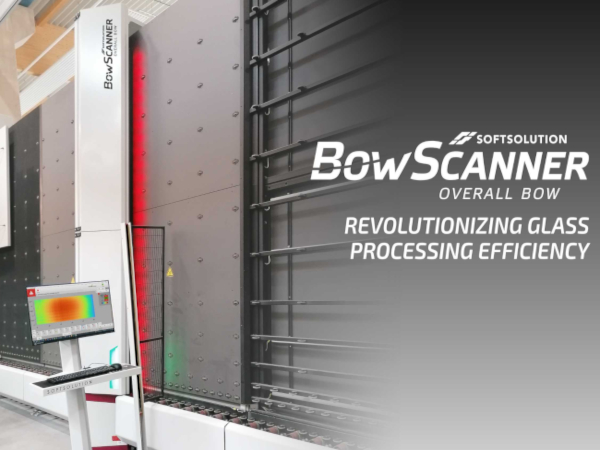
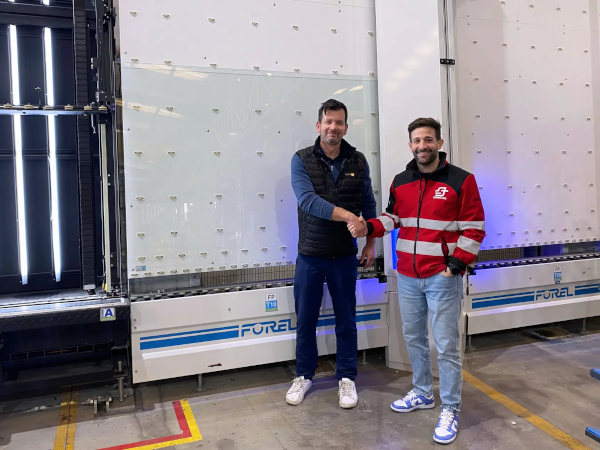

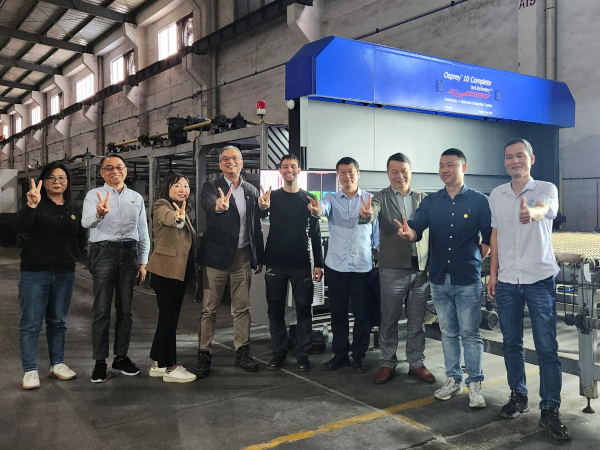
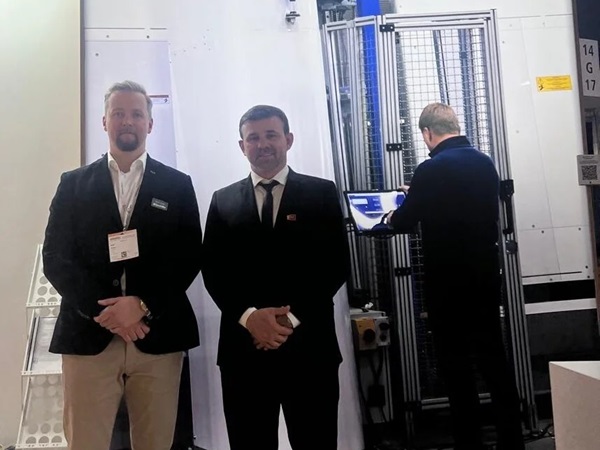





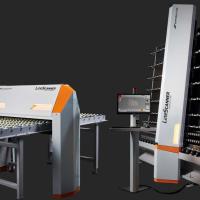
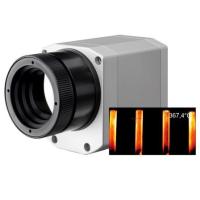
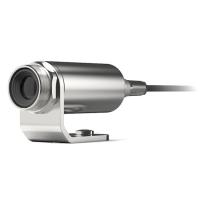
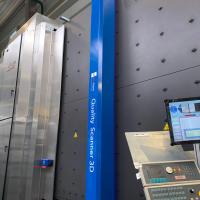
Add new comment